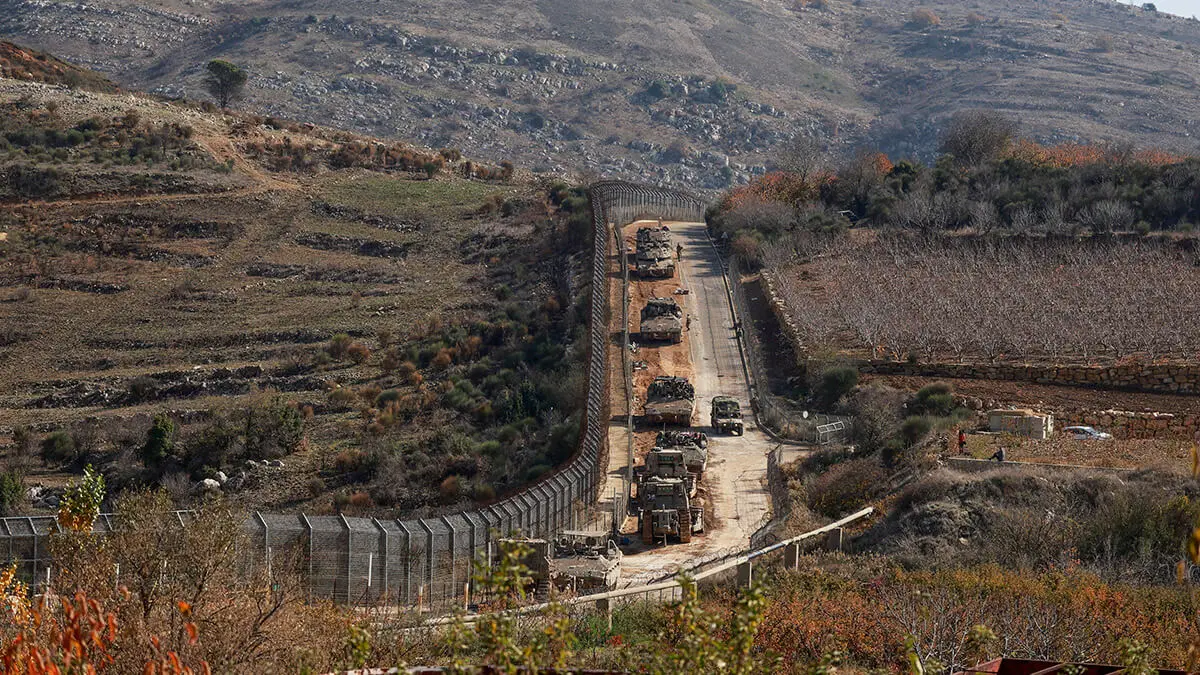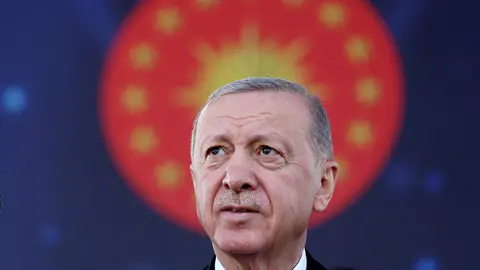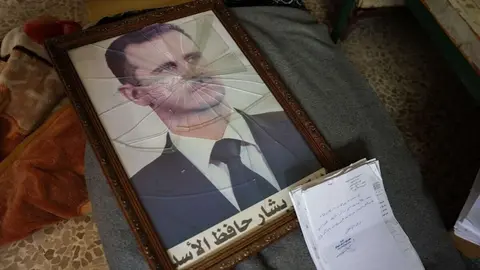The Middle East, a new phase with profound changes

The most recent is the fall of the Al-Assad dictatorship in Syria. Not even those who masterminded this fast-paced revolution could have imagined that its development would be so relatively straightforward. Perhaps the regime was too corroded and worn out, and its supporters, such as Russia and Iran, more focused on other fronts and suffering from a certain weakness. Now a situation is going to present itself that may prove more complicated than the fall of the dictatorship itself. There is a need to manage power, respond to the balances of those who have supported, financed and armed the HTS rebels, and manage a reconstruction that will require a lot of resources, provided the new government is able to maintain peace and stability. This will not be easy, as Syria has been engaged in a number of wars of all intensities and interests.
For example, Turkish President Recep Tayip Erdogan is going to take his toll against Kurdish groups that pose a threat to his interests. He has rushed, along with the other wild card Qatar, to reopen its embassy in Damascus.
Iran and Iraq
The change in Syria directly affects the new destiny that is being forged in the Middle East since the terrorist attack by Hamas and its supporters on 7 October 2023 that prompted Israel's forceful decision to end Iran's influence in the region and its related groups and to forge a new status that is emerging in Gaza, the West Bank and Lebanon.
Iran and Israel have traded direct attacks and concealed the damage they have caused each other, but the evidence is that the ayatollahs' regime has much more to lose than to gain if open war breaks out between the two countries. The world economy would be negatively affected by the undoubtedly higher oil prices.
Another actor to watch out for because of its geographical position and energy wealth is Iraq. Its stability depends on a complicated balance in which the historical struggle between Sunnis and Shiites is one of the factors that has a notable influence, as in the entire region, as shown by the constant struggle between Iranians and Saudis for hegemony.
The Baghdad government is subject to numerous pressures due to its oil wealth in the north, where the Kurdish issue is of enormous importance due to Turkey's strategic interest, and petrochemicals in the south, where the Shiites do not hide their sympathies for Tehran's Persian Shiites. The US maintains a certain degree of tutelage in a country it invaded in 2003 and where it has not achieved its objectives. We will see if Trump pays more attention to the Middle East or if he looks more to China as a more dangerous adversary.
Abraham Accords
In this field, there is a protagonist with a prudent and discreet attitude, but with a vital influence in the region, Saudi Arabia, which is practising an independent foreign policy, with its Saudi Vision 2030 agenda as a fundamental compass for its present and future. Its imminent adoption of the Abraham Accords in 2023, following the accumulated success of this Arab-Israeli understanding that encompassed all sectors of societies in countries such as Israel, the United Arab Emirates, Bahrain, Morocco, Egypt and Sudan, was one of the causes of the Hamas terrorist attack on 7 October 2023. The aim was to prevent the establishment of relations between Tel Aviv and Riyadh and to blow up everything, including the obligation for Palestinians in both Gaza and the West Bank to hold elections, the last of which took place in 2006, and, since 2007, Hamas has imposed its dictatorship in Gaza.
Now, it is no coincidence that Israel and the US destroy with impunity Syria's military capacity so that it does not fall into the hands of the new leadership in Damascus, which is considered a terrorist group. Although its leader has changed his name, discarded his nom de guerre and regained his first name, everyone is very wary of what he can do with a power that is on borrowed time and with major constraints. The challenges he faces are many and varied, and his initial promises of reconciliation, respect and freedom are well-intentioned, but we will have to wait for results to prove it. A litmus test will be the negotiations with Moscow over the Russian bases in Tartous and Latakia, key points for the exit to the Mediterranean.
Absent Europeans
At the moment, Europeans are largely absent from these changes and are attending to local political ambitions in each country while NATO Secretary General Mark Rutte reminds them of the urgent need to adopt a ‘war mentality’ and accelerate military spending in order to prevent a conflict on NATO territory similar to the one in Ukraine.
While almost everyone awaits the return of Donald Trump to the White House and the possible consequences of his decisions, which will not favour multilateralism, as is well known, but rather protectionism in the field of trade to the preferential benefit of the United States and the demands made on European allies who contribute much more to the financing of NATO and the maintenance of its security and stability.
Mark Rutte's warning: ‘We can avoid the next big war on NATO territory and preserve our way of life, but we need a long-term deterrence capability to ensure that no one dares to attack us, because NATO is not at war, but neither is it at peace. Russia and China are leading in military investment, and the Alliance risks being left behind’.



